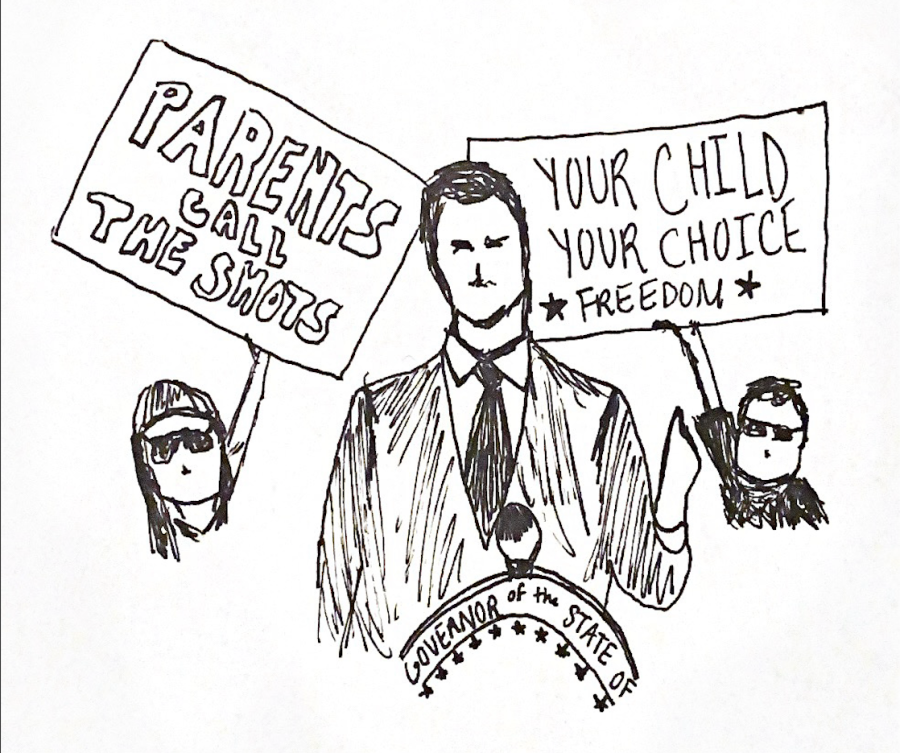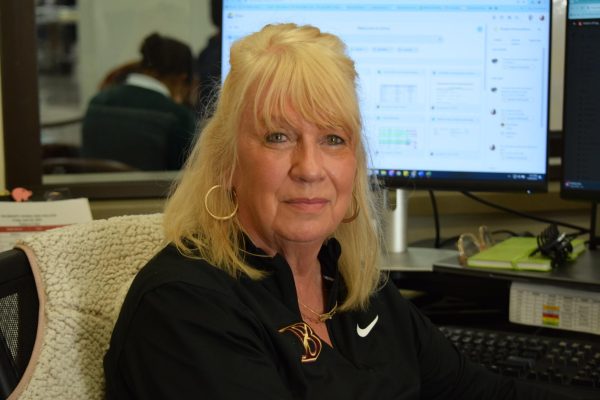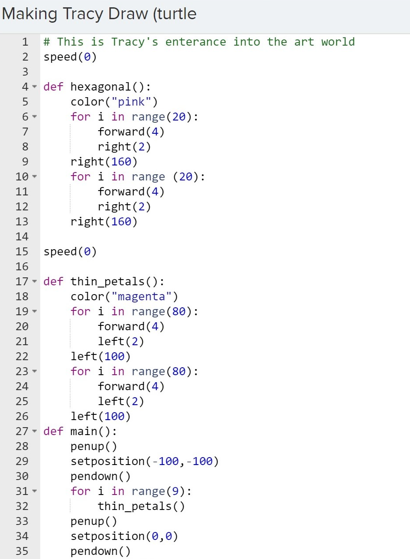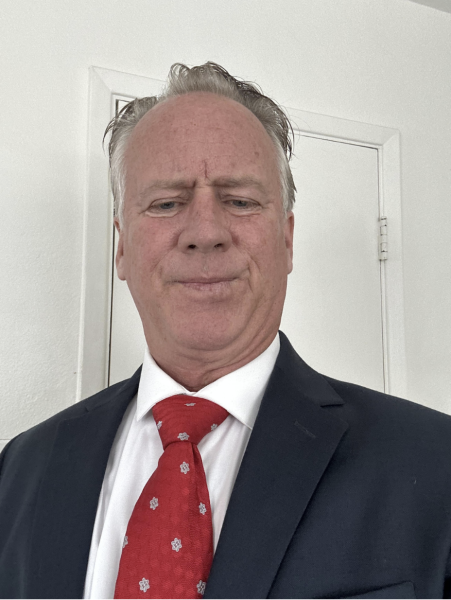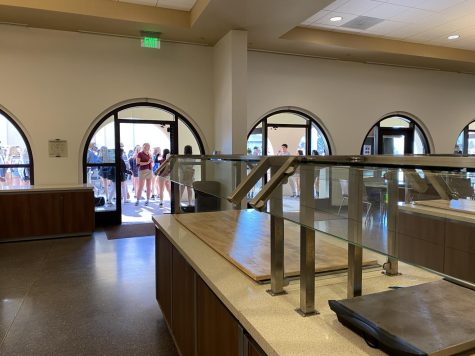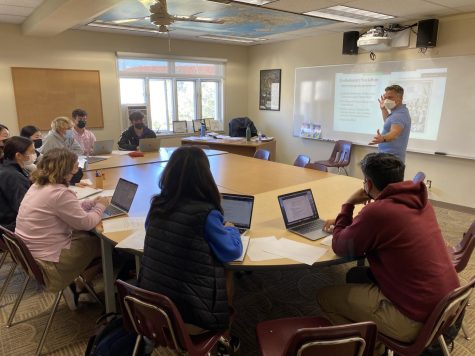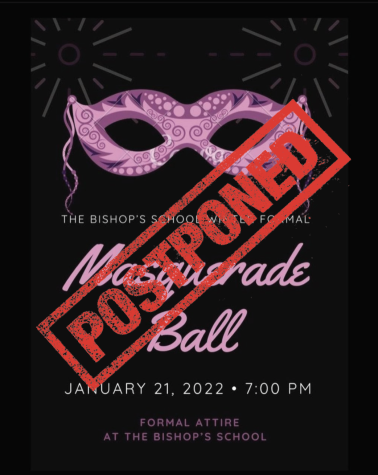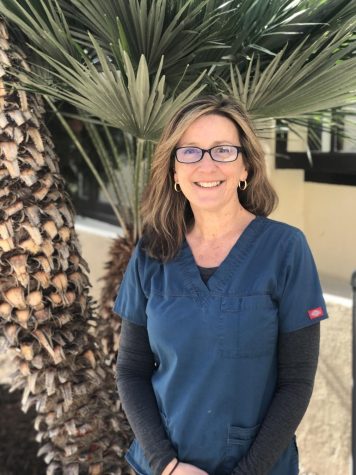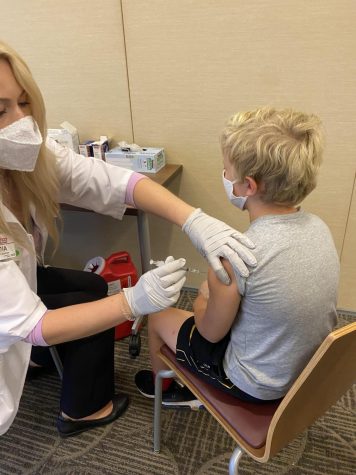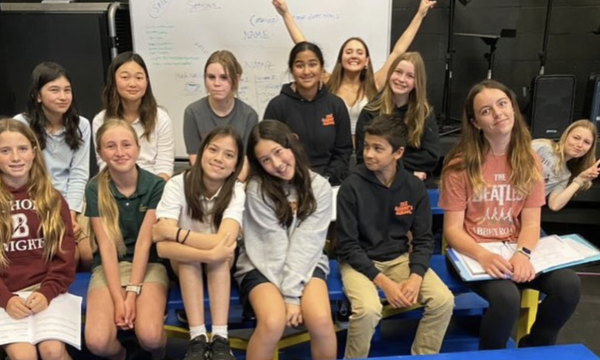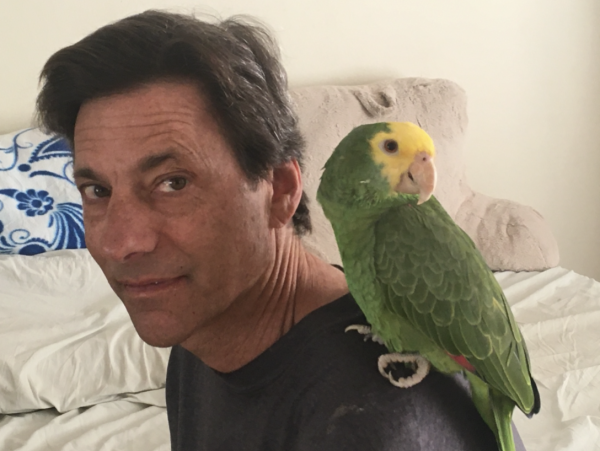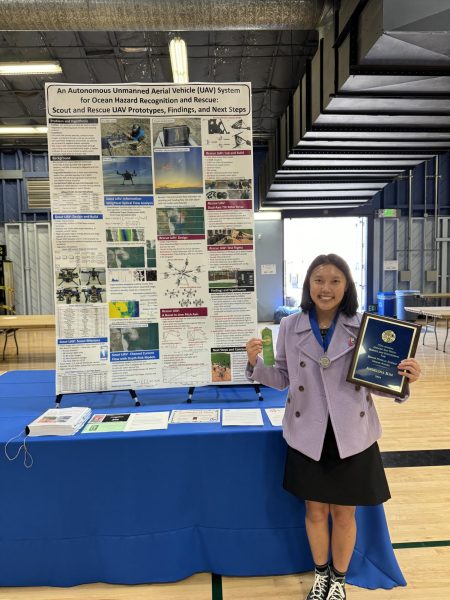To Mandate or Not to Mandate
Politicians in the era of COVID-19 have capitalized on frustration surrounding public health measures, especially in schools, arguing that they unfairly restrict students.
On Monday, November 15, parents across southern California kept their children home from school in a symbolic protest of the COVID-19 vaccination mandates. Hundreds of others rallied at the steps of the State Capitol to voice their opposition to the mandate.
In October, California Governor Gavin Newsom announced that students will be required to have a COVID-19 vaccination in order to attend in-person school. The mandate will apply to public, charter, and private schools, making California the first state to announce this plan, in addition to its first-in-the-nation school masking and staff vaccination measures. California’s mandate will require students to get the shot once the vaccine gets full approval from the U.S. Food and Drug Administration (FDA), meaning that the mandate could go into effect by July for seventh through 12th graders.
Student vaccine requirements are nothing new. The FDA already requires students to be vaccinated against measles, mumps, and rubella before enrolling. Why have calls for a COVID-19 mandate caused so much backlash among parents and families?
Tess Van Dussen, parent and one of the event coordinators for the rally held at the state Capitol on November 15th, said to ABC10, “We are not anti-vaccine; we are standing against the mandate for our children.” Amber Faddis, another parent and event coordinator, told ABC, “We want a choice. We have that right. He [Governor Newsom] does not choose what we put in our children’s bodies. We’re not going to stop until we have that choice.”
Bishop’s currently has COVID-19 prevention policies in place, such as masking while indoors, encouraging students to stay home when sick, requiring PCR testing to return to school after having symptoms of the disease, adding air purifiers in every classroom or heavily trafficked space on campus, and urging frequent handwashing. While the school does not currently mandate vaccinations for students, the administration does highly recommend vaccinations and boosters for everyone in the community who is eligible. “We offer weekly free PCR testing to those individuals who may need frequent testing for sports or band activities,” School Nurse Ms. Fournier explained. “In addition to that, we also have daily testing for students and staff who are having symptoms of illness.”
Alexandra Midler (‘22) spoke up in October about the school’s decision to “encourage” rather than mandate vaccination in The Daily Urinal. “Major universities across the country are requiring vaccination for all faculty, staff, and students,” Alexandra wrote. “Francis Parker created a vaccine mandate in August. While Bishop’s does have a high vaccination rate—approximately 89% of eligible students were vaccinated at the beginning of the school year—that’s not the point. Perfectionism can be counterproductive in class, but I believe it is essential for vaccination. There’s no such thing as good enough when it comes to protecting our community.”
According to The Centers for Disease Control and Prevention (CDC), popular immunity makes it far harder for the disease to spread from person to person. “Vaccination is the best way to reach herd immunity,” Sebastian Navarro (‘22) said. “The failure to vaccinate quickly has allowed the virus to mutate into the Delta Variant. Now, with the emergence of the Omicron Variant, we may be about to enter another COVID outbreak.”
One of the major arguments among parents and families against the mandate is its infringement on personal beliefs. The issue of who can and cannot opt-out—and under what conditions—remains a heavily disputed topic. In Governor Newsom’s statement, he broadly announced that parents have the right to opt their children out of inoculation. However, Newsom did not explicitly define the criteria for obtaining those exemptions, leaving the decision in the hands of state public health officials. Now, lawmakers are concerned that such broad exemptions in the mandate will undermine the state’s effort to protect schools if too many families decide against vaccination.
Another concern among educators and experts is that the vaccine mandate could potentially prevent low-income, minority students from attending school. For example, in Alameda County, where Oakland Unified is located, only 44% of Black kids aged 12 to 17 are vaccinated, compared to 95% of Asians, 70% of whites, and 67% of Latinos in the same age group, a Mercury News analysis found. Dr. Tyrone Howard, a UCLA education professor and director of the Black Male Institute which addresses concerns around equity and access for Black males in education, said, “It signifies to me elimination and exclusion. We want Black students to have the same opportunities other students have — extracurricular experiences, access to teachers during lunch and the day. Providing equitable education amid the pandemic continues to be a challenge for California.”
In California, students are exempt from required vaccinations for in-person attendance at K-12 schools after a doctor grants medical approval. However, this law only applies to previously approved immunizations. For the COVID-19 vaccine mandate, personal belief exemptions can be overridden by lawmakers. In 2015, California ended exemptions based on religious or personal beliefs for other mandated shots required for school. Four years later, lawmakers further strengthened these strict requirements. “Personal belief exemptions are a huge loophole, and that’s why they were removed six years ago,” said state Senator Scott Wiener of San Francisco. “And it’s why they should be removed for COVID-19.”
Due to California’s strict regulations, state vaccination rates are relatively higher than those of other states. 63% of the California population is vaccinated compared to the national rate of 59%, according to The Post. At Bishop’s, 90% of the community is fully vaccinated, according to Ms. Fournier. “We now know vaccinations, boosters, masking, avoiding others when you’re sick, air filters and testing, all help to decrease the spread of COVID,” Ms. Fournier explained. “A vaccine mandate would probably lead to more in our community getting vaccinated. We already require state-mandated vaccinations for other infectious diseases such as whooping cough, measles, polio, hepatitis, and chickenpox, with only minimal exemptions allowed for medical reasons. Both public and private schools in California are required to abide by state laws and regulations when it comes to vaccinations. I imagine a COVID vaccine mandate would be the same.”
COVID policies at Bishop’s will continue to follow state and local recommendations for infection prevention. After the first U.S. case of the Omicron variant was recently identified in California, state lawmakers may crack down further on the new vaccine mandates. “Autonomy is a very important value, and the government has given the people many opportunities through less restrictive means to limit the harms of COVID,” Sebastian elaborated. “However, simply educating individuals on the vaccine and providing incentives has not been enough to increase vaccination rates to reach herd immunity. Thus, it is the government’s responsibility to step in and protect public health and safety.”
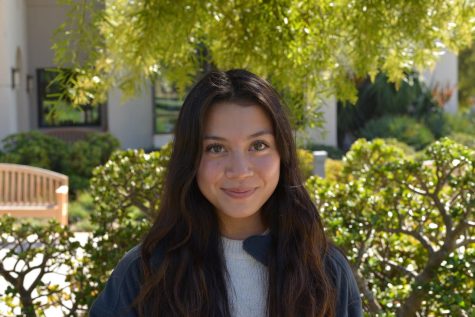
Tate Vaccaro joined The Tower staff in 2019 as a sophomore in hopes of bettering her writing skills and learning more about the Bishop’s Community. She...


